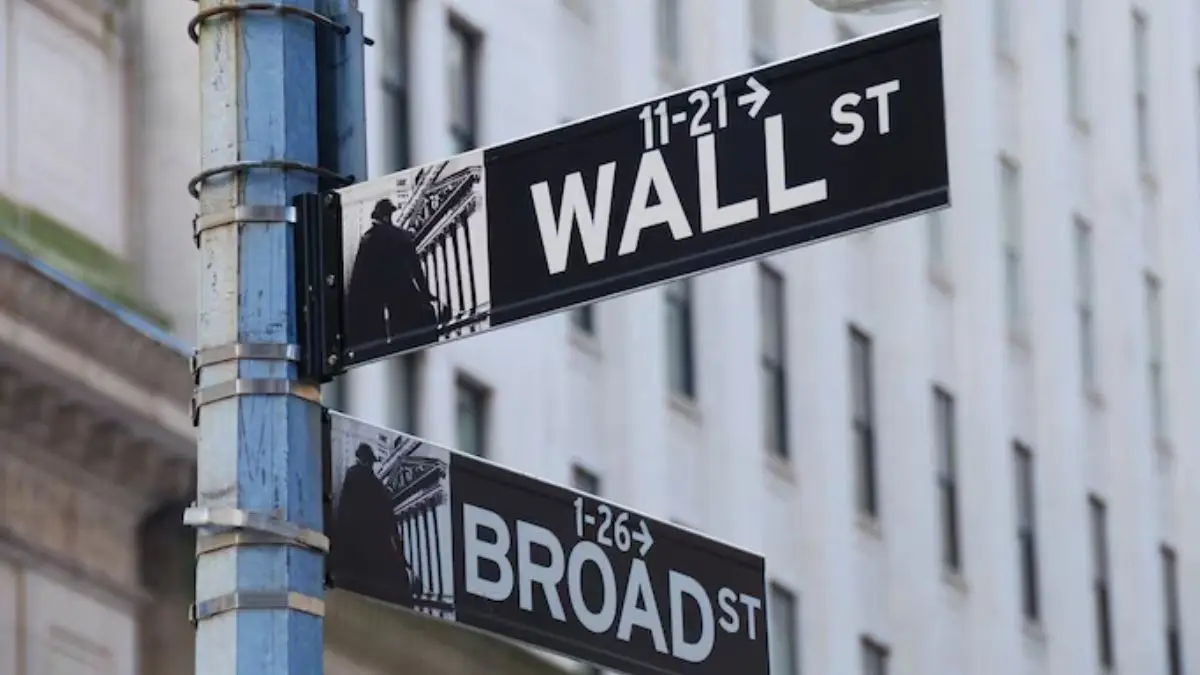By Nitin Waghela
Copyright republicworld

Top Wall Street investment banks are expected to rely on their Indian business support centres after US President Donald Trump’s latest move imposes Rs 88 lakh fee on fresh applications used H-1b visa programme.Financial institutions like Goldman Sachs Group Inc, JP Morgan Chase & Co, Citigroup Inc are the largest employers of the south Asian nation’s global capability centres, especially trading support and risk management to tech assistance.These centres employ software engineers, quants, and accounting specialists that offer low-cost services while giving US-based firms access to talent that’s not easily available in their home markets.While Trump is imposing fees on new round of H1-B visa applications, such moves could lead Wall Street banks to deepen their presence in Indian tech hubs such as Mumbai, Bengaluru, and Hyderabad, which employs over 1.9 million people, according to analysts.ŌĆ£Unless new restrictions are placed on offshoring, foreign banks will lean even more on their Indian capability centers,ŌĆØ said Umesh Chhazzed, founder of recruitment firm Anlage Infotech, who has worked with US lenders for more than two decades.The H-1B visa programme is used heavily by the top US tech sector to bring in skilled workers from aboad, while finance companies and consulting firms are also big users.Currently, Indian workers accounted for 72.3 per cent of all H1-B beneficiaries in the US fiscal year to September 2023, which includes initial and continuing employment.The GCCs have become a $64 billion market, with annual growth of about 9.8% from 2019 to 2024, according to figures from EY. The number of centers is poised to jump to as many as 2,500 by 2030, up from 1,700 currently, with the market value projected to hit $110 billion, the consulting firm said. US banks are among the biggest employers in the sector, allowing them to potentially shift work to India to skirt the new visa curbs. Citigroup has some 33,000 staff in the country, while Bank of America Corp. has more than 27,000, and JPMorgan employs 55,000.ŌĆ£Banks would be calibrating a new strategy for the global capability centers. It appears, there will be onshoring of jobs to India adding new job functions,ŌĆØ said Abizer Diwanji, founder of NeoStart Advisors LLP, a financial advisory firm.ŌĆ£However, none will jump the gun amid evolving situations. They will wait for more clarity.ŌĆØ A report in the Management Science journal found that when countries impose restrictions on skilled immigrants, companies tend to respond by hiring more staff abroad. The most ŌĆ£globalizedŌĆØ companies hire almost one employee abroad for every visa rejection, according to the 2023 study.Existing Holders JPMorgan is relieved the new fee doesnŌĆÖt apply to existing H-1B visa holders, Sjoerd Leenart, the bankŌĆÖs top executive for Asia-Pacific told Bloomberg Television in an interview on Monday in Mumbai. He said it was too early to assess the full impact of the proposed changes. As recently as July, Indian Commerce and Industry Minister Piyush Goyal had said immigration rules ŌĆö including those relating to H-1B visas ŌĆö had not come up in US trade talks.Parvathy Tharamel, a partner at law firm Trilegal, said India is already emerging as the backbone of global capability centers for international banks, driving critical business, compliance, technology, and innovation functions.ŌĆ£The new H-1B restrictions will only accelerate this trend, pushing more cross-border technology and high-value roles into India hubs,ŌĆØ she said. Still, expansion plans may be tempered by uncertainty over further US measures that could weigh on banksŌĆÖ global strategies. While the US has imposed duties on IndiaŌĆÖs merchandise exports, the services sector remains exempt.



